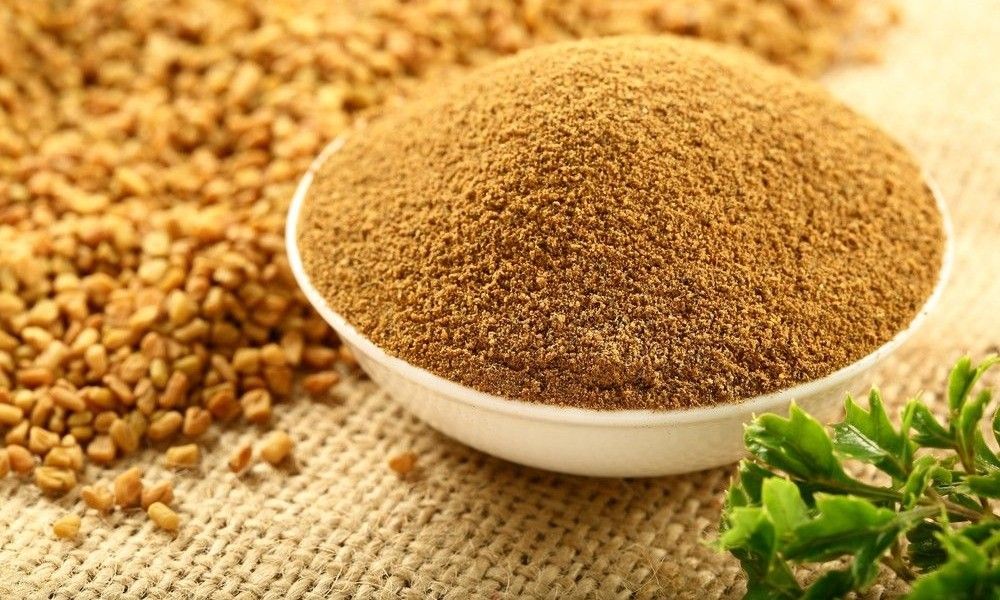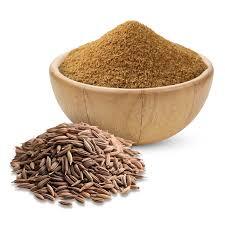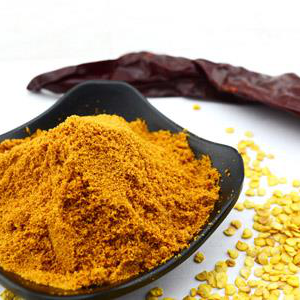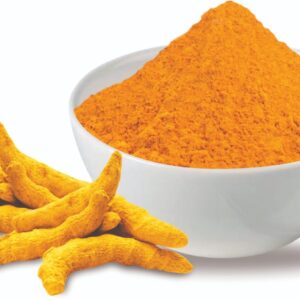Description
Common Names:
- Fenugreek Powder
- Methi Powder (in Hindi)
- Trigonella Powder
Forms:
- Powdered: Made by grinding dried fenugreek seeds into a fine powder.
- Seeds: Whole fenugreek seeds are also used but need to be ground to make the powder.
Origin:
- Native Region: Native to the Mediterranean region, parts of Asia, and North Africa.
- Cultivation: Grown in many regions with a suitable climate, including India, the Middle East, and North Africa.
Nutritional and Chemical Composition:
- Active Compounds: Contains active compounds like saponins, alkaloids, and flavonoids. Rich in fiber, proteins, vitamins (such as B vitamins), and minerals (such as iron, magnesium, and manganese).
Health Benefits:
- Digestive Health: Known for its high fiber content, which aids in digestion and can help alleviate issues like constipation and bloating.
- Blood Sugar Control: May help regulate blood sugar levels and improve insulin sensitivity, making it beneficial for people with diabetes.
- Anti-inflammatory Properties: Contains compounds with anti-inflammatory effects that can help manage inflammation and related conditions.
- Hormonal Balance: Fenugreek is thought to help balance hormones and may be used to support lactation in breastfeeding women.
- Heart Health: May support cardiovascular health by improving cholesterol levels and reducing the risk of heart disease.
Uses:
- Culinary Uses: Used in cooking and spice blends, particularly in Indian, Middle Eastern, and North African cuisines. Adds a slightly bitter, nutty flavor to dishes and is often used in curries, stews, and spice mixes.
- Medicinal Uses: Utilized in traditional medicine for its digestive, anti-inflammatory, and hormonal balancing properties.
- Skin Care: Sometimes used in skincare products for its anti-inflammatory and soothing effects, and may help with conditions like acne.







